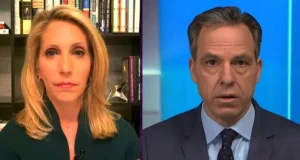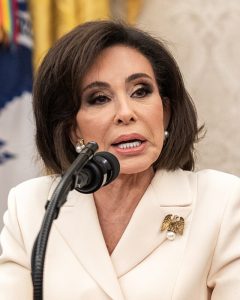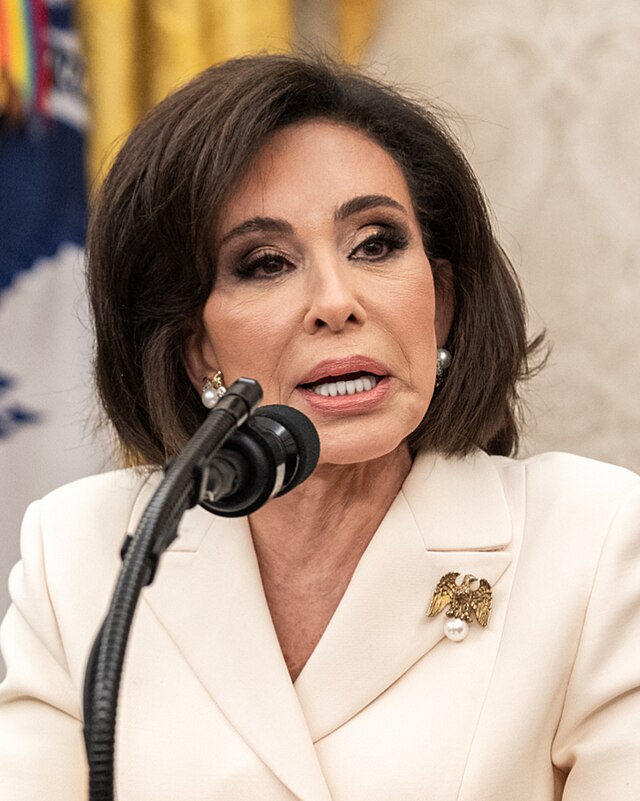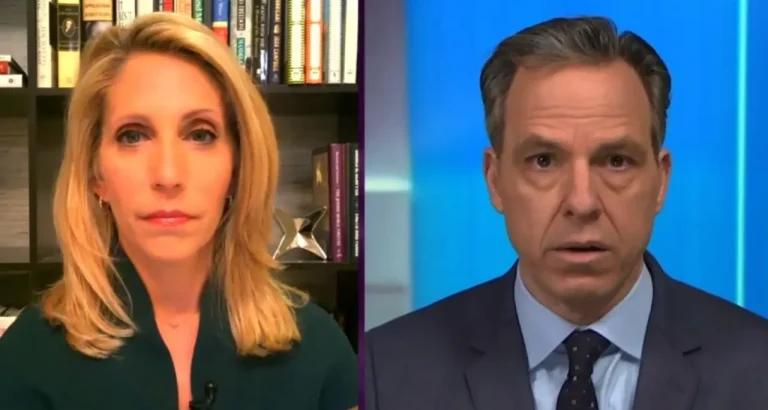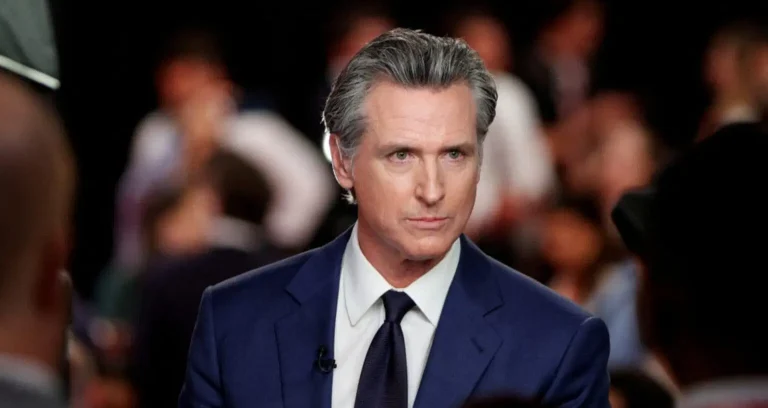U.S. Attorney for the District of Columbia Jeanine Pirro has announced a sweeping set of arrests targeting a Washington, D.C.–based drug trafficking operation, marking one of the most significant actions taken so far under President Donald Trump’s recently declared crime emergency in the nation’s capital.
The Justice Department said the FBI, working alongside the Drug Enforcement Administration (DEA) and the Metropolitan Police Department of the District of Columbia, executed approximately 20 search warrants in Washington, Maryland, and Los Angeles. The warrants were the result of a year-long federal investigation into a trafficking ring accused of distributing PCP and fentanyl in the District.
Seizures and Indictments
Authorities seized 18 firearms during the coordinated raids. Among them were an AR-style rifle, a shotgun, and a Draco-style pistol. Agents also confiscated more than two kilograms of suspected narcotics, over $50,000 in cash, and a pill press used to manufacture fentanyl pills.
The U.S. Attorney’s Office announced the indictment of eight individuals connected to the conspiracy. Seven of the defendants have already been arrested:
-
Leonard Edwards, 52, of Washington, D.C.
-
Eric “Marbury” Prather, 43, of Washington, D.C.
-
Thomas Wilton Hancock Jr., also known as “Fresh,” 43, of Baltimore, Maryland
-
Sarda Smith, 36, of Oxon Hill, Maryland
-
Michael Thomas, 49, of Los Angeles, California
-
Reginald Lassiter, 39, of Washington, D.C.
-
Darryl Riley, 39, of Washington, D.C.
One additional defendant remains at large. Prosecutors said the indictment against that individual is currently under seal.
Pirro was joined at the announcement by FBI Acting Assistant Director in Charge Phil Bates, DEA Special Agent in Charge Christopher C. Goumenis, and Metropolitan Police Chief Pamela A. Smith.
A Broader Crackdown on Crime
The announcement comes just weeks after President Trump declared a “crime emergency” in Washington, D.C., citing a rise in homicides and violent crime. The declaration has allowed the federal government to deploy hundreds of National Guard troops and federal law enforcement agents into the District, as well as assume more direct control over the Metropolitan Police Department.
According to the White House, authorities have seized dozens of firearms since the start of the crackdown in August 2025. The administration has cast the initiative as a way to restore order in the capital, though critics have raised concerns about federal overreach and the potential militarization of local policing.
New Firearm Prosecution Policy
In a related policy shift, Pirro announced that her office will no longer pursue felony charges under local D.C. law for the simple possession of rifles or shotguns. Prosecutions will now be limited to cases in which such weapons are used in violent crimes or when a defendant is legally barred from possessing firearms due to a criminal record.
Local D.C. authorities may still bring charges for unregistered long guns, but the U.S. Attorney’s Office—the nation’s largest federal prosecutor’s office—will narrow its approach in line with recent U.S. Supreme Court rulings that expanded gun rights.
Pirro cited the Court’s 2008 decision in District of Columbia v. Heller, which struck down a handgun ban, as well as the 2022 ruling that invalidated New York’s restrictive concealed-carry law. “A blanket ban on possessing shotguns and rifles cannot stand under the Supreme Court’s guidance,” Pirro said. “We will continue to seize all illegal and unlicensed firearms, and to vigorously prosecute all crimes connected with them.”
The policy also applies to large-capacity magazines but does not affect cases involving handguns.
Challenges in the Courtroom
Pirro’s tenure as U.S. Attorney has not been without setbacks. In recent weeks, federal grand juries have twice refused to indict individuals her office charged in high-profile cases. One such case involved Nathalie Rose Jones, who had been arrested on accusations of threatening the president. Despite Pirro’s announcement of her arrest, a D.C. grand jury declined to issue an indictment, and Jones was released.
The back-to-back refusals have prompted criticism from defense attorneys and some legal experts, who argue that Pirro’s prosecutorial strategy risks overreaching in pursuit of headline-grabbing cases. Supporters, however, say her aggressive approach is consistent with Trump’s emphasis on law-and-order policies and reflects public frustration with violent crime in Washington.
Moving Forward
While debate continues over the scope and legality of Trump’s federal crime emergency, Pirro’s announcement underscores the scale of the Justice Department’s efforts to target drug and gun offenses in the District. With multiple defendants already in custody and one fugitive still being sought, the dismantling of the alleged PCP and fentanyl trafficking ring marks a tangible success for federal authorities.
Pirro has pledged that her office will remain focused on prosecuting serious violent crimes and organized criminal activity, while aligning its policies with constitutional protections outlined by the Supreme Court.
“This office will not waste resources prosecuting constitutionally protected firearm possession,” Pirro said. “Instead, we are directing our full attention to gun crime, drug trafficking, and the violence that undermines the safety of our nation’s capital.”
